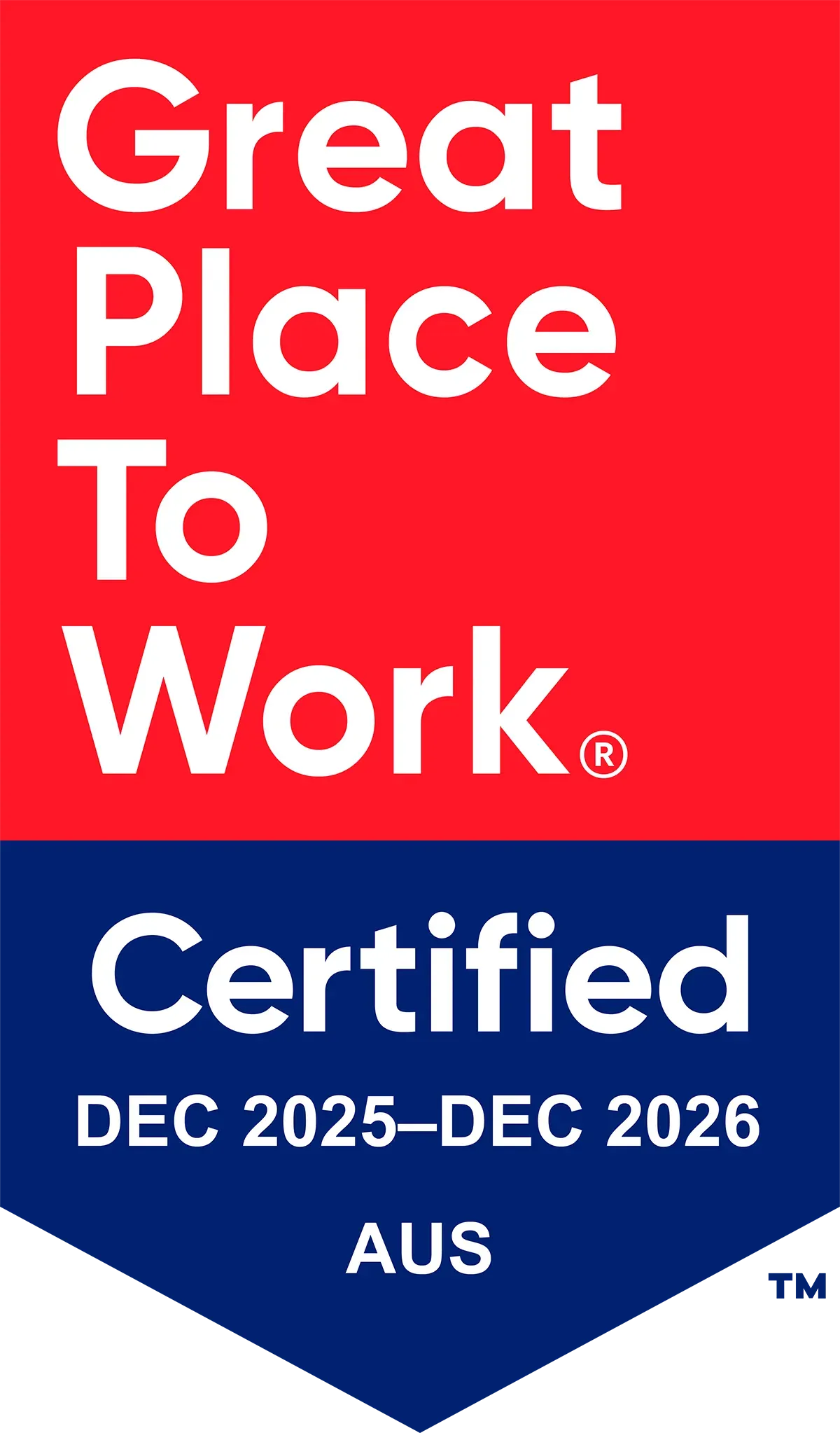Budgeting – The Small Things Add Up
Many people these days are trying to budget and save a portion of their money whether it be saving for a house deposit, that overseas holiday (once borders reopen) or just saving for a rainy day.
There are many tips and tricks on how much you should be saving every pay day but I want to discuss the little things that might be passed over and not really considered. These can add up to a substantial amount of money for your savings.
Cancel unused subscriptions
It’s estimated that Australians spend $3.9 billion a year on unused subscriptions.
How many of you are signed up for Netflix, Stan, Disney + (the list goes on)? And how many of you are watching content of each one? I’m someone who is guilty of paying for multiple streaming subscriptions at the same time, at one stage I was paying for 5 different stream providers and was only actually watching one of them. By cancelling even just a couple of those subscriptions you could be saving yourself hundreds of dollars a year.
Other subscriptions to check if you are paying for and not using are gym memberships, gaming subscriptions or multiple music streaming platforms.
Review your bank account
Not too long ago it was normal to expect monthly bank fees to be deducted from your account or paying $2 to use other banks ATM machines. This is not the norm anymore but there are still a lot of bank accounts out there that will still charge you those fees.
If this is you and you’re seeing these fees being deducted from your account then it may be time to swap banks or even call your bank and they might be able to change your account to a fee free account.
Most banks offer everyday accounts with no monthly account keeping fees as long as there is a minimum deposit being paid in each month like your salary/wages (generally around the $1,000 mark).
Rent that dress or suit
How many of us are guilty of going and buying a new outfit for every function because the last thing we want is to be seen in the same outfit twice. Imagine if you have 3 weddings in the one year to attend and you buy a new outfit for each one spending $300 on each, that’s a whopping $900 for clothes you will probably never wear again.
There are so many options out there now to rent outfits, so rather than spending $300 you could spend $50-100 by renting saving yourself $600.
Takeaway coffee
Many households have their own coffee machine at home but will still buy a takeaway coffee every morning before work, the average coffee is around the $5 mark and if you are buying one every day before work you are spending over $1,000 on coffees each year.
It’s time to bust your take away coffee mug and make your coffee at home and take it into work and treat yourself once a week on your favourite takeaway coffee and save yourself up to $1,000 per year.
Latest News







